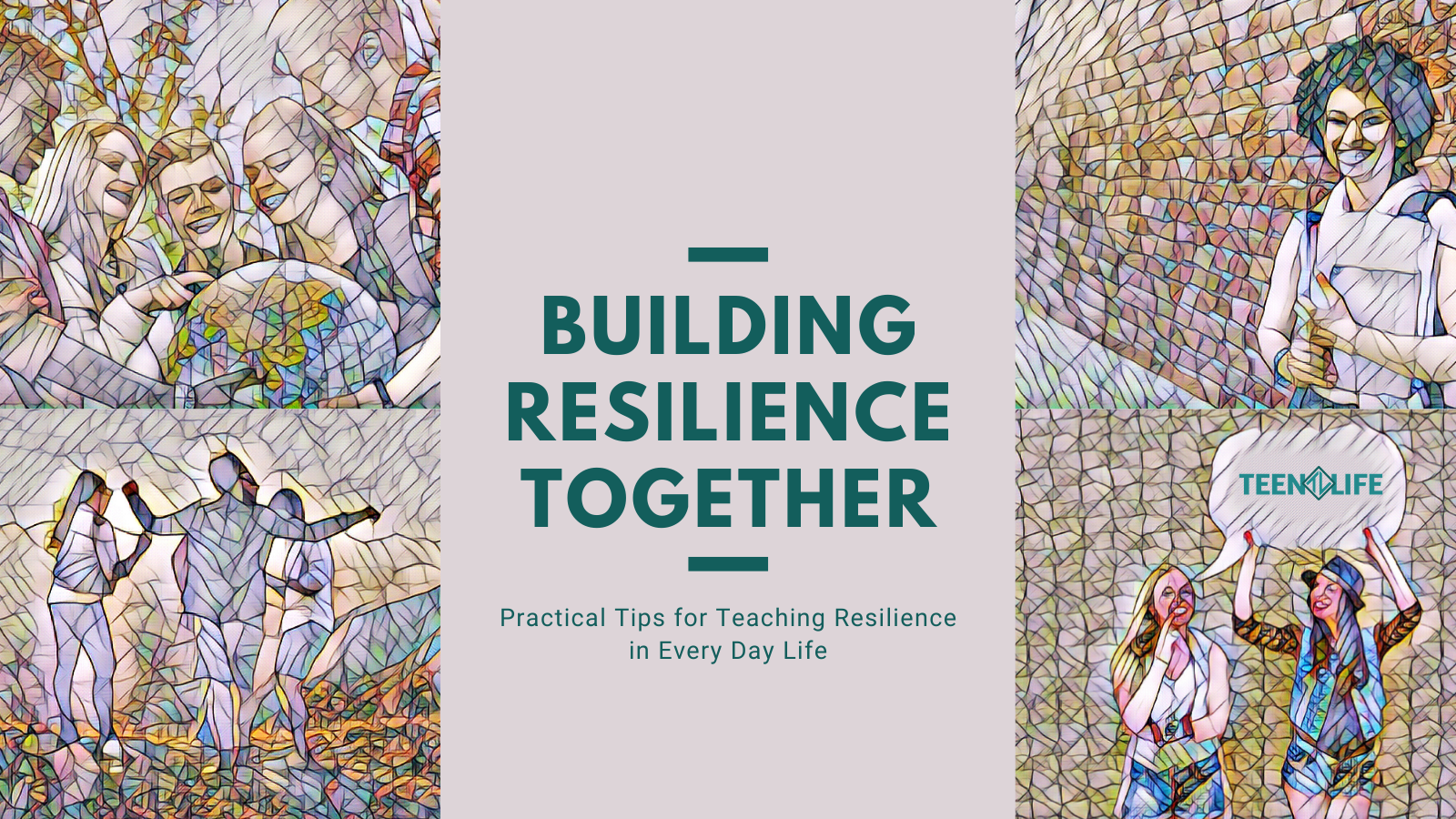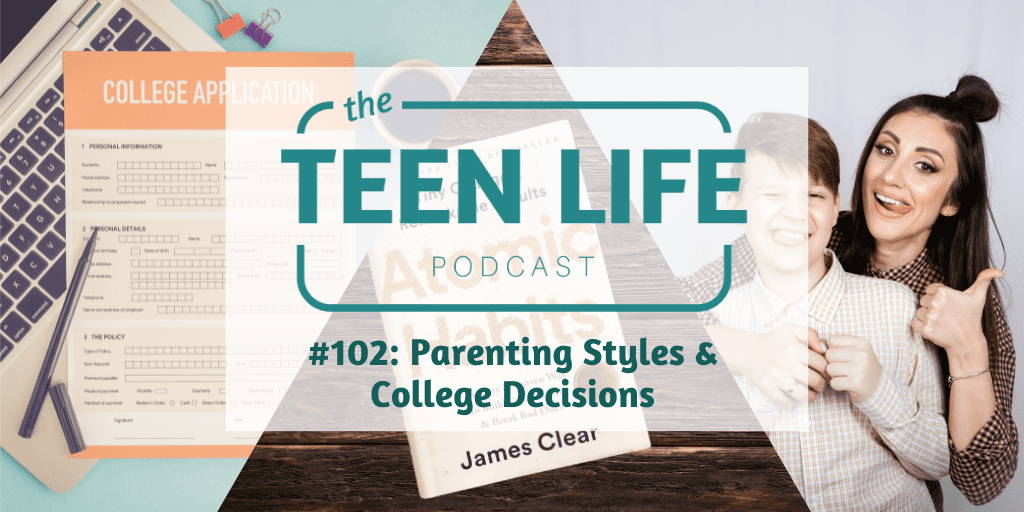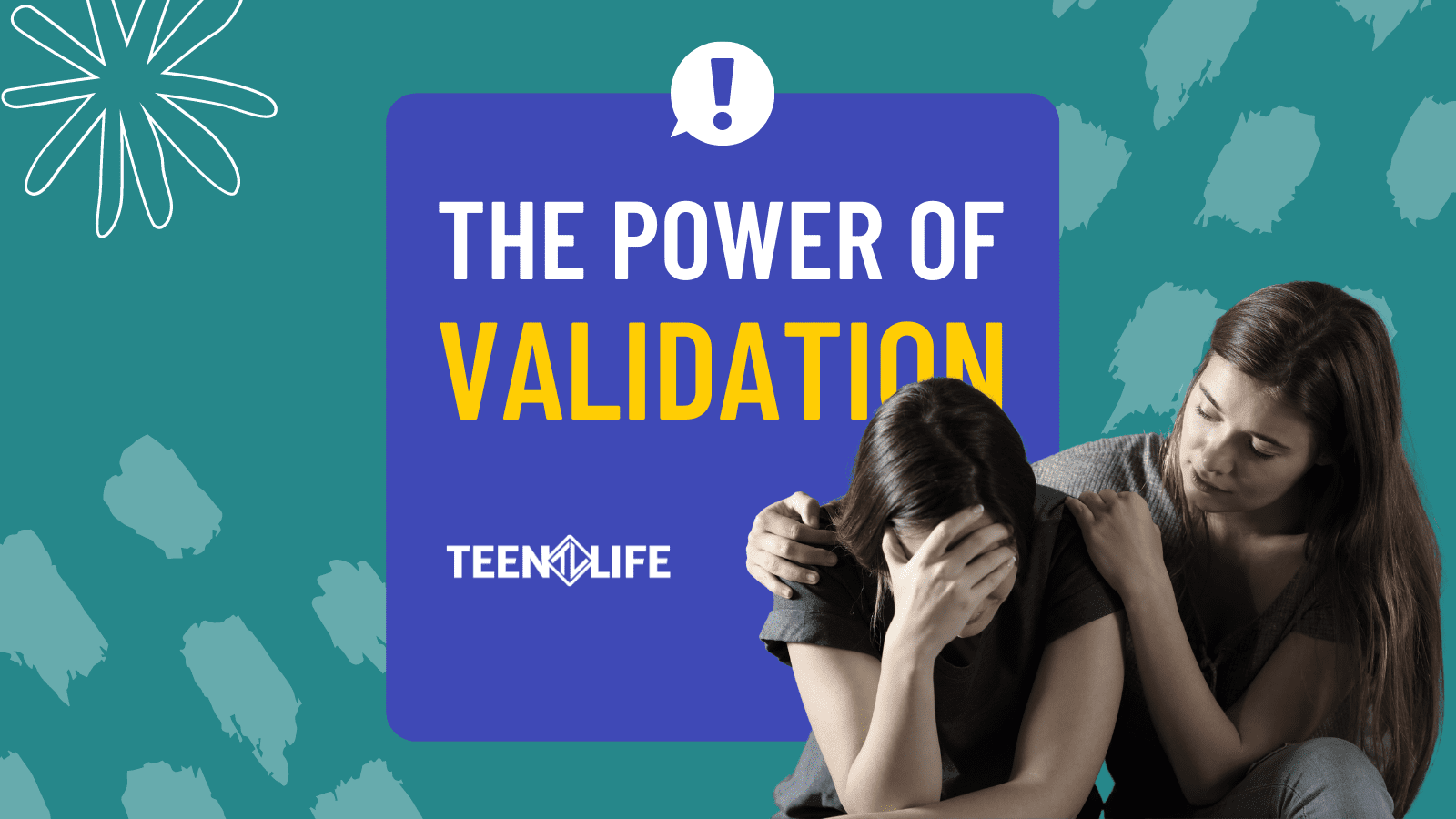
by Chris Robey | May 19, 2016 | Blog, Personal Development
Do your students have grit?
Before I had three kids in tow, I would typically go to Colorado each summer to go hiking and hopefully summit a mountain. I would look forward to it all year, imagining what it would be like to walk along rushing mountain streams, through thick aspen thickets, on up above the tree-line to where few seldom travel. The crisp mountain air and the absence of an ever-buzzing cell phone beckoned me as I prepared for this trip.
Getting to the trailhead was always so exciting. But then, reality hit. The packs are heavy and uncomfortable. The weather is unpredictable. The air was way too thin. My lungs are far too small. The altitude made me sick. It was cold. The food stunk.
You see, I typically only think about the trailhead and the peak. All of the things in between aren’t really front of mind when considering a summit. It’s the glory I’m after, not the pain.
Recently, I’ve been introduced to a concept called “grit”. When I first heard about it, I thought it was more along the lines of resiliency. The resiliency trait focuses on a person’s ability to overcome challenges and recover well from setbacks. It’s more about keeping ones head about them as they face the normal stresses of life. It’s a crucial trait for a teenager to develop as life is full of challenges and difficulties. Those who are resilient will tend to rise above their circumstances and not give into substance abuse or anxiety.
Yet, “grit” is something that builds upon resilience.
It’s more of a long-term indicator of success. “Grit” can be seen as a tendency to sustain interest and effort towards long-term goals. It is more than overcoming the challenges of life as a matter of routine. We find those who have grit focus on the big picture and have a plan or set of goals to get them there. They know what they want, and no setback or failure will stop them. In fact, people who have grit know setbacks and failures are part of the journey.
We live in a fractured world that contains a lot of uncertainty. Paths are less certain to success, so many who are young struggle to have any kind of “big picture”.
In her short TED talk on grit and education, Dr. Angela Duckworth talks about this factor being unique in successful individuals, no matter their socioeconomic, cultural, or educational level.
What is interesting about this talk is her own admission about how little they know about building this trait. There is very little doubt this trait is a factor in success, but understanding how to create this quality remains a bit of a mystery.
Yet, as I listen to this talk as well as read more on the subject, one factor continues to pop out.
Individuals who have grit have very clear and defined ideas of what the “mountain top” looks like.
They have dreamed about it, studied it, and have made it a part of who they are. It is paramount to their personhood that they find their way to this goal, no matter how long or difficult.
Grit is about vision, motivation, and figuring out what it will take to get there.
As helpers of teenagers, we need to be in the business of helping students clarify their own visions for the future and help them do what it takes to get there.
Point them towards others who have grit. Identify the fears. Encourage them when they fail. But, never let them quit.
So, what do you think about the concept of “Grit”? Do you have it? Take this quick quiz and see what it says!
More Resources You Might Like
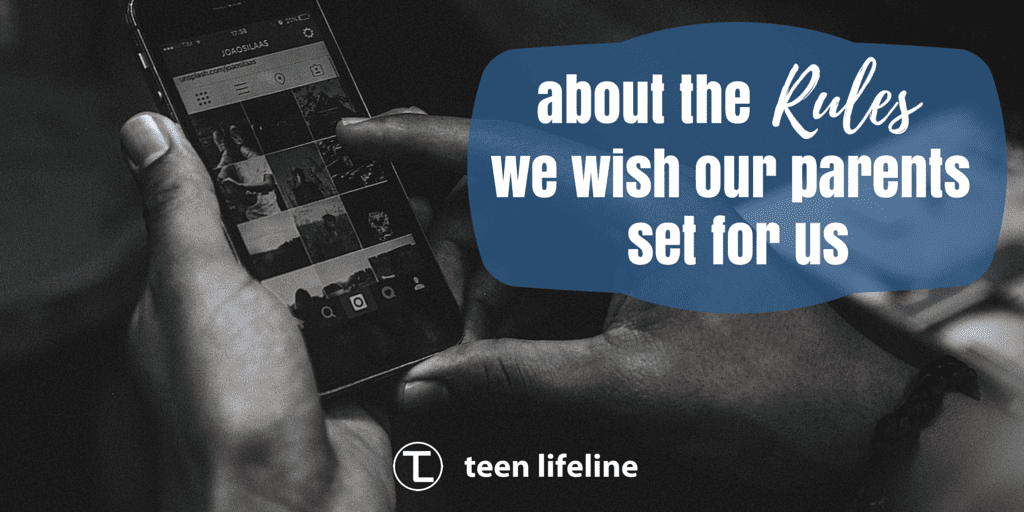
by Chris Robey | Apr 28, 2016 | Parenting, Support Groups
At a recent teen parent support group, we spent a few minutes talking about how we grew up. We shared all kinds of funny stories about the crazy rules and expectations our parents placed upon us, how we rebelled and made things hard on them, and overall reminded ourselves what life was like growing up. It was a great conversation to have, especially with teenage parents.
Because you see, these are young women and men who should still be actively “parented” but are now actively “parenting”. And in some cases, both are going on simultaneously.
There are not too many situations you can be in as an adult volunteer where the student can realistically become the teacher. I’ve had some teen parent groups with teenagers whose children are both older than mine and even more numerous. Needless to say, this can level the playing field a bit and offer some energetic and revealing conversations about what it means to be a parent, no matter how old or young.
One of the questions we pondered during this group revolved around what we wish our parents would have done differently. More specifically, we asked the group to share one rule or expectation that they wish their parents would have had for them that would have been really helpful.
I love this question because it forces teenagers to be honest with themselves about their parents shortcomings, how it might have affected them, and it can even force them to see their parents as humans in light of their own new parenting journey.
The one response that really hit me hard was from a mom who wished her parents would have kept her cell phone out of her room at night. Now, there is a lot to say about this topic specifically (I’ll refer you to this well timed blog article from our friend, Sarah Brooks on this very subject), but I think there is something to hear from this teen mom.
There are certain things we can assume about teenagers and what they want/need. Prevailing logic would suggest teenagers want to be on their phones at all times. This same logic would suggest any attempt to put boundaries and structures on something so sacred (this can be applied to various other things teenagers might find sacred) would be met with all-out war.
With this particular issue, I have seen both sides. While walking through their normal day-to-day lives, to ask a teenager to give up their connectivity via the internet might seem like asking them to lop off one of their appendages. Yet, I have also been on wilderness trips with teenagers where our phones didn’t work and have had them talk with me about the relief they felt from not having to always pay attention to every incoming communication.
But the bigger issue here is finding a way to place healthy boundaries on things like cell phones, time spent with friends, schoolwork, jobs, sports, etc. We assume giving way to anything that brings happiness or immediate fulfillment is always a good thing. But in the wake of this, balance is lost. Boundaries become murkier and less clear.
- The bedroom is no longer for sleeping, it’s for texting.
- Our sports are no longer for exercise and fun, but for winning at all costs.
- School is no longer for education, but for living up to unrealistic expectations
- Family time is no longer a foundation but more for utility.
These boundaries are important to learn early and often for teenagers. And while it is hard to get them to admit, they really appreciate someone older and wiser coming in and restoring order and balance through setting up healthy boundaries for the things we enjoy.
So, what do you think? How have you set boundaries for your students and how have they responded? How have you failed at this and done better? Let us know!
Chris Robey, Teen Lifeline’s Program Director, has worked with teens for over a decade and strives to help students see the best in themselves.

by Chris Robey | Apr 7, 2016 | Parenting
It’s kind of creepy to think about, but you are being watched. And while many are in denial about this fact, it is true and we need to find a way to believe it, accept it, and act accordingly.
To tell you what I mean, let me back up a few weeks. I had gotten on one of my famous, yet short-lived, health kicks and decided I would get back in shape. One of the ways that has worked the best for me is by doing the “Insanity” workout videos. They are a whooping, but I’ve not found anything that works better for me. On Tuesdays and Thursdays, I would come home for lunch to do the workout, and typically my family was there as well since my wife is off on those days.
My five year old started watching me do my “workouts” and asked if he could join in. I told him he could do the exercises, but to be careful and not overdo it.
That’s when I felt really old and out of shape. My five year old started in on these exercises and killed it. He was doing the jumping jacks, up/downs, pushups, and mountain climbers with ease while I was trying to save my breath to live another day.
But I noticed something as he joined me in my workouts. Every time I stopped to take a break, he would do the same. This was especially the case as we both got more tired. And the thing was, I could have kept pushing, but I chose to stop. So, he did as well.
This might be a simple observation, but it has stuck in my head. What I do, my kid does. When I get mad and yell, it tells him he is okay to do it as well. When I don’t eat healthy, he will go for the candy. When I watch too much TV, he will do the same.
Its this really simple idea that so many adults need to understand. Our kids watch us, no matter the age. I still watch my parents and follow their lead as a 37-year-old. And if you have a teenager in your life, I assure you they are watching you and acting accordingly.
The old line “do as I say, not as I do” is a load of garbage – and we know it. Those of us who work with teenagers or children need to understand our crucial role in leading and caring for the younger generation.
As a child becomes a teenager, they will likely take your counsel less and less and depend more on what they see from you. Here are some of the things I think teenagers watch for from their parents and mentors:
- How they deal with adversity
- How they treat those who they deem “lower than themselves”
- How they handle themselves on social media
- How they interact with and use technology
- What they spend their time doing
- How they talk about people in authority (teachers, coaches, political leaders, law enforcement)
- How they treat their friends
- And, pretty much everything else I didn’t mention
To my adult friends who are reading this, take your role seriously. You are leading and influencing, even if you don’t think you are a leader or influencer. You can make more of a difference now by remembering who is watching you, and living up to that expectation.
What do you think about this? How have you seen this reality play out in your relationships with teenagers?
Chris Robey, Program Director, has worked with teens for over a decade and strives to help students see the best in themselves.
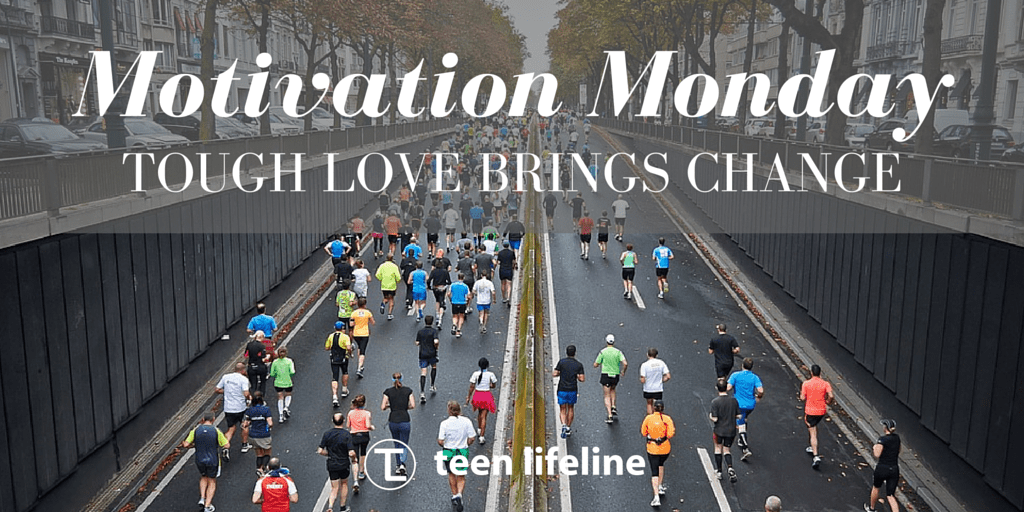
by Chris Robey | Mar 21, 2016 | Events, Support Groups
We are only 2 weeks away from the 7th annual #TL5K!
If you would like to donate or help by becoming a fundraiser, visit our #TL5K site!
One of our weekly groups is a year-round group at a local adolescent drug rehab. We have been working at this facility for over four years now, and I can honestly say it can be the most rewarding or frustrating experience of my week. These are young men who are battling addictions at a very young age and are (primarily) court ordered to go through 45-60 days of rehabilitation.
There are 16 boys on the unit at all times, so you can imagine how up and down these boys can get. A few weeks back, I had to completely shut down the group because the boys were not only being disrespectful of me, but also of each other. Nothing was getting done, and it seemed like they had all decided to quit on the group before we ever got started.
I don’t have to shut groups down very often. I try to exhaust all of my options before I make the call, but when I do, I typically do so with something specific in mind:
Next time.
You see, when I have to come down hard on a group because of behavior or disrespect, I try to do so with a bigger plan in mind. While I hate to boot out a whole group of students from a week of support group that could be potentially helpful, I know the next week when we meet, things will be better.
Things will be better because when we meet again, I don’t hold anything against them. They failed to make the group happen last week. Maybe I failed as a leader. But, what is most important is how we move on. We can make it better together. I’m going to show up with the a positive attitude believing they can fix the problem.
And guess what? They always do. Anytime I’ve had to call out students on their behavior or attitude, they respond when I come back with the expectation that they will make it better and fix the problem.
We can do a great service to teenagers when we believe that they can get better. Adults have incredible power to influence students in a positive way by having hope that they can make positive and meaningful changes.
What can you communicate today to a student that will help them make meaningful change?
Chris Robey, Program Director, has worked with teens for over a decade and strives to help students see the best in themselves.
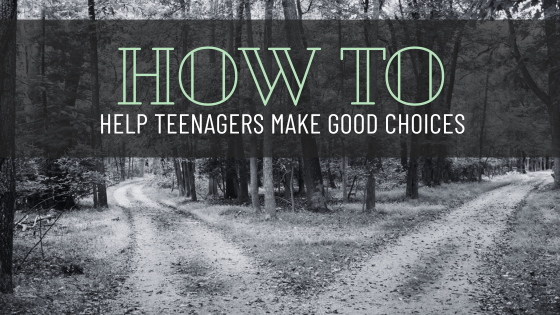
by Chris Robey | Feb 25, 2016 | Blog, Parenting
How do you help teenagers make good choices? It starts small.
When it comes to making a decision, many people would rather not. There is always inherent risk when it comes to choosing a path, no matter how grandiose or miniscule. You could easily choose the wrong path, then potentially face ridicule from the 20/20 vision of future observers.
I am a reluctant decision maker. Usually, I am the one called upon to choose where the group eats or to choose the focus or direction of a conversation within a new group. I likely appear comfortable with the task, but inside I can be riddled with doubt and anxiety. Usually I’ll make the choice because no one else will. But it would be untrue to say that I am the one who wants to decide because I always think I’ll make the right choice.
Yet, to grow and lead in this world, we have to find a way to make choices and to hopefully make good choices.
We are often hesitant to make any choice – why is that?
I come from a faith background that talks a lot about finding God’s will for our lives. You hear about “waiting for God to speak” and trying to discern what God is desiring for one’s life choices. Often you will find this language peppered throughout sermons and private prayer lives – hoping God will rescue us from having to make the tough choices.
You see it in the second guessing of people who do have to make hard choices. I think this is why politicians are so maligned. While I’m not saying they are always virtuous or faultless in how they make choices, they have to make hard decisions on law, budgets, and policy. It is their job to choose a direction and stick with it, no matter the criticism or shift in public opinion.
Most of the criticism for those who make hard decisions comes from those who do not have to make those choices. There is an entire cottage industry of political pundits and newspaper columnists who exist solely to critique or criticize decisions other people make, without really having to make any of their own (at least of equal consequence).
Stack that on top of the advent of social media where everyone can say anything about anyone, anytime and you find a recipe for a populous who has very little vested stake in any kind of meaningful decision making.
I think we learn how to make decisions and hard choices earlier in life than we realize.
Despite growing awareness around mental health, there remains a stigma associated with therapy. Many teens and parents hesitate to seek therapeutic help due to fears of judgment or labeling. Support groups, on the other hand, are perceived differently. They are seen as peer-driven and less formal, making it easier for teens to participate without feeling stigmatized.
If you were raised in a house where there were very few consequences, or overly harsh consequences for your choices and actions, likely you could struggle making hard choices. Or if the opportunity to fail was taken from you and all you have ever known is success, then you could struggle to make decisions as well.
Deciders will inevitably make the wrong choice. But someone who is adept at making these choices is willing to live with the consequences of making the wrong choice. They take ownership in the process and know they made the best possible decision with the information available.
Friends, we have to help teenagers make choices and informed decisions.
And, I think this is where we start. So often we want teenagers to make “good” or “better” choices, but often they aren’t making many choices to begin with. I understand the logic behind the idea of “not making a choice – that is a choice,” but I’m speaking of proactive, informed, and future-thinking choices.
Consider these things to help students feel confident enough to make good choices:
- Start with the small stuff. We don’t get the big, important choices right until we can practice with the small stuff. Encourage students to engage in decision-making throughout their day in a way that they can point back to.
- Encourage them to choose one “hard” decision a day. Something like eating a salad instead of a burger, or choosing to exercise instead of watching TV. Learning to make the harder, but better choice builds up the confidence to make the right choices in the long run.
- Help them take ownership of their choices. So if things unravel and blow up after a decision, they can look you in the eye and tell you why they did it, why it failed, and what they plan to do in the future that might be different. Failure is not a bad thing. Failure is something to learn from, but you have to take ownership to begin with.
Imagine a world where teenagers start to make good choices based on good information, support from their parents and peers, and ownership of their failures and successes. I believe we would see a drop in crime and drug use, and an increase in community, church engagement, and school involvement. And, I think we can agree we would all like to see these things!
What do you think about this? Do you have other ideas for how to help teenagers make good choices?
More Resources You Might Like


